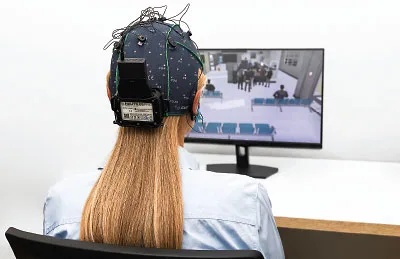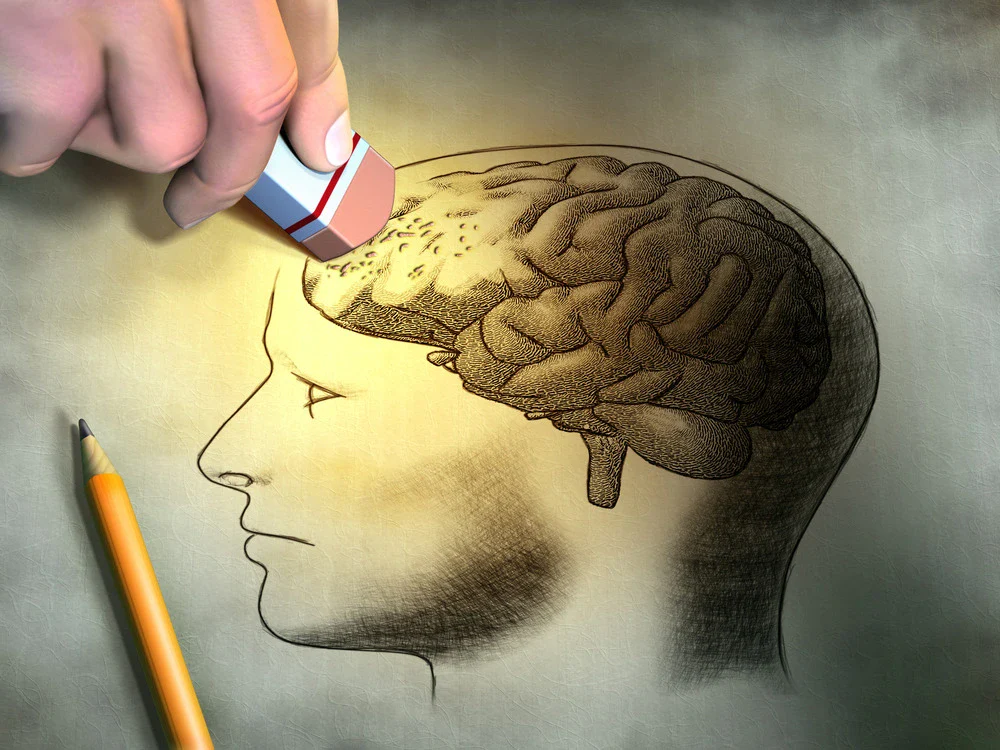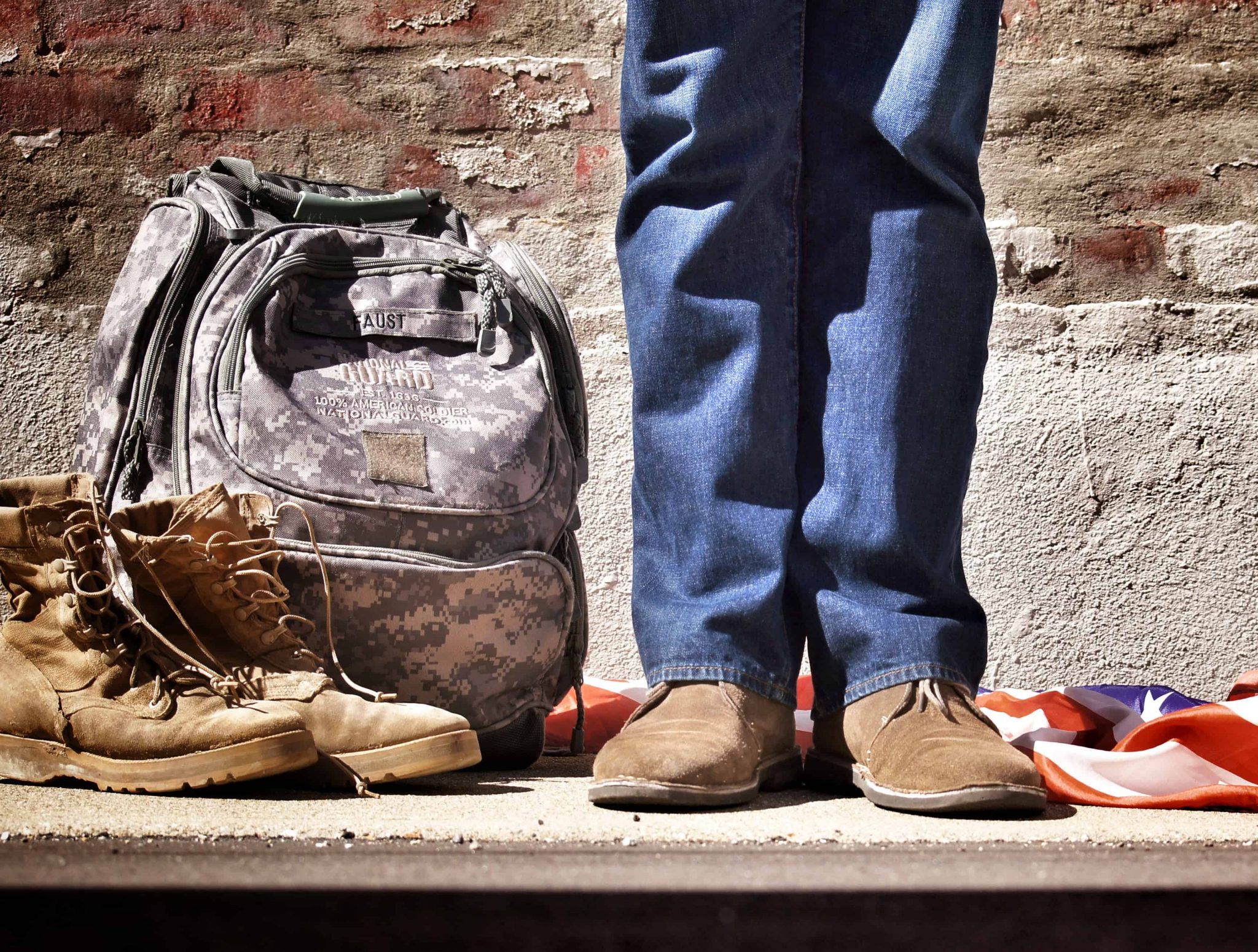Veterans give their all for their country. They are away from their families and friends. They lived through conditions where they may have faced danger daily. All of which can take an unfortunate toll on these brave individuals, oftentimes leaving them with mental as well as physical scars. Ketamine is potentially changing the game for vets with post-traumatic stress disorder (PTSD).
What is Post-Traumatic Stress Disorder?
Post-traumatic stress disorder is a condition triggered by a traumatic event; something any soldier can experience as part of their service. It’s common for others to automatically assume this trauma is associated with being under fire during combat. Often that’s true, but it might also be from the loss of a good friend or even something not related to combat like sexual assault.
Symptoms of Post-Traumatic Stress Disorder
Generally, PTSD symptoms fall into one of four groups:
- Intrusive memories – For vets that can be the sound of gunfire, remembering something they saw or even reliving the event via flashbacks. They may have a severe reaction to a sound, smell or sight that reminds them of the event.
- Avoidance – They go out of their way to avoid thoughts of the event or discussing their time in service. They may become socially isolated or avoid certain situations to ensure there are no memories stirred.
- Negative thinking and moods – They can turn their anger and fear inward, thinking negative thoughts about everything around them or about themselves and can develop a sense of hopelessness. That negativity seeps into their relationships and their ability to hold a job. They become emotionally numb and detached.
- Change in reactions – This would include both physical and emotional responses. They may develop self-destructive behavior and self-medicate with alcohol or drugs.
Overall, veterans with PTSD can become guarded, always on the lookout for danger. The condition is potentially debilitating, robbing them of their ability to maintain a relationship, bond with their children, hold a job, or go to school.
Consider these facts about PTSD:
- In operations Iraqi Freedom and Enduring Freedom, anywhere from 11 to 20 veterans out of 100 have PTSD.
- Twelve out of 100 who fought in Desert Storm also have PTSD.
- An estimated 15 out of 100 from the Vietnam War had the condition, 30 percent of which have suffered with it throughout their lives.
- Studies confirm that veterans are 50 percent more likely to commit suicide than those who never served. The annual suicide rate for veterans is 29.5 per 100,000 people. That equates to about 22 deaths every day based on the Department of Veterans Affairs statistics.
While it is hard to know why people choose suicide, for vets, it is safe to say many of these men and women have PTSD.
Current Treatments for PTSD
Current treatment options for PTSD like antidepressants or anti-anxiety medication can be useful but most take time to work. Medicine is a tool that helps manage anxiety, giving psychotherapy a chance to help as well, but that also takes time. At the point that the medication kicks in and the therapy offers relief, the vet may have had to endure debilitating stress for several months.
The use of ketamine in the treatment of depression has opened many doors for those who do not benefit from standard care plans. Now, studies are showing ketamine infusions may be just what vets suffering from PTSD need.
What is Ketamine?
Ironically, ketamine is an anesthetic associated with the Vietnam War. Medics would use it in the field during that conflict and hospitals still use it today for surgeries and pain-relief. In the 1990s, researchers began to study ketamine for use in depression, finding it potentially helpful for patients who fail to respond to traditional treatment. One of the benefits of ketamine IV infusions, versus other antidepressants, is its rapid-acting nature.
Ketamine in the Treatment of PSTD
Veterans with PTSD face some of the same challenges as individuals with major depressive disorders. Standard treatments take weeks to be effective. Given the rate of suicides in vets, it’s clear that many do not have the luxury of time. Ketamine can work within hours or days, which makes it a game-changer for veterans. In 2014, a randomized study offered the first evidence of ketamine’s potential for vets with chronic post-traumatic stress disorder.
The study published in the Journal of the American Medical Association Psychiatry found that ketamine infusions provided a rapid reduction in symptoms, working better than current therapies such as midazolam. Within 24 hours the veterans who participated in the study felt better regardless of their level of symptoms. The study authors also determined that the drug was well tolerated by most involved in the research.
How Does Ketamine Work?
It’s not clear why ketamine infusions offer relief to those with PTSD. There is evidence that it acts on the NMDA glutamate receptor, preventing it from binding with glutamate. Glutamate is an amino acid involved in mood and behavior. It may also play a role in managing the stress response, the development of traumatic memories, and other PTSD symptoms.
While scientists may still have work to do when it comes to researching that physiological action of ketamine on the human mind, its benefits as a pain medication, anesthesia are clear. And now there are promising studies and plenty of evidence in the field that indicate that ketamine also works well for those with depression and suicidal thoughts, and so medical science is adding post-traumatic stress disorder to the list of illnesses that might respond to ketamine treatments.
Contact the Bespoke Treatment today to see if you are nearby our Beverly Hills clinic to get a free consultation and get the help you need and improve the quality of your life: 833-867-2329.
























